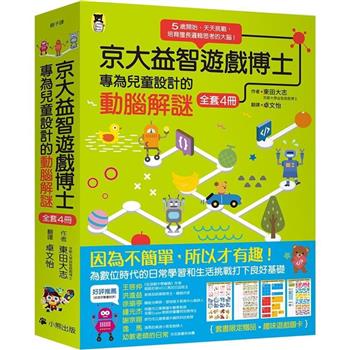The general aim of this work is to analyse targeted productive microcredit in particular, in order to verify the importance of this instrument for productive inclusion in the Northern Pioneer Region of Paraná. It seeks to reflect on the organisation of actions to expand social promotion through the productive inclusion of members of families with insufficient income to meet their basic needs. It is based on the hypothesis that microcredit is an instrument of government public policy that meets both the demands of combating poverty and policies to promote entrepreneurship, support nano, micro and small businesses and generate employment and income. The conclusion is that in the Norte Pioneiro region of Paraná, there has been a positive picture of an increase in the volume of microcredit operations and the amounts directed to the municipalities studied. It is understood that microcredit, the object of this study, is configured as an element that seeks to guarantee and provide access to citizens’ fundamental rights; the generation of opportunities and results for individuals and/or social groups and security for individuals in situations of dependency or vulnerability.
| FindBook |
有 1 項符合
Government Policies for Productive Inclusion的圖書 |
 |
Government Policies for Productive Inclusion 作者:Gomes Martins 出版社:Our Knowledge Publishing 出版日期:2024-06-27 語言:英文 規格:平裝 / 52頁 / 22.86 x 15.24 x 0.3 cm / 普通級/ 初版 |
| 圖書館借閱 |
| 國家圖書館 | 全國圖書書目資訊網 | 國立公共資訊圖書館 | 電子書服務平台 | MetaCat 跨館整合查詢 |
| 臺北市立圖書館 | 新北市立圖書館 | 基隆市公共圖書館 | 桃園市立圖書館 | 新竹縣公共圖書館 |
| 苗栗縣立圖書館 | 臺中市立圖書館 | 彰化縣公共圖書館 | 南投縣文化局 | 雲林縣公共圖書館 |
| 嘉義縣圖書館 | 臺南市立圖書館 | 高雄市立圖書館 | 屏東縣公共圖書館 | 宜蘭縣公共圖書館 |
| 花蓮縣文化局 | 臺東縣文化處 |
|
|
圖書介紹 - 資料來源:博客來 評分:
圖書名稱:Government Policies for Productive Inclusion
|











